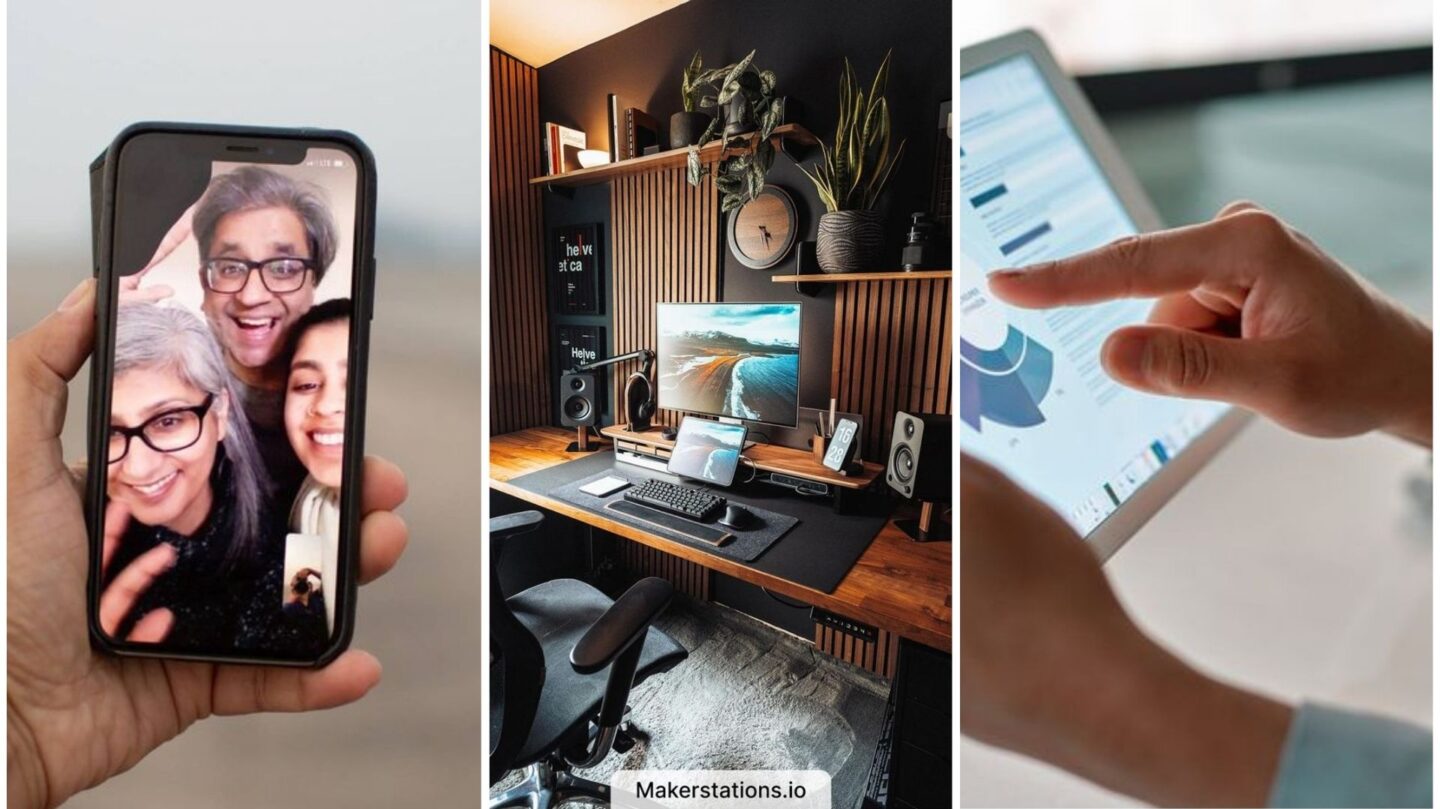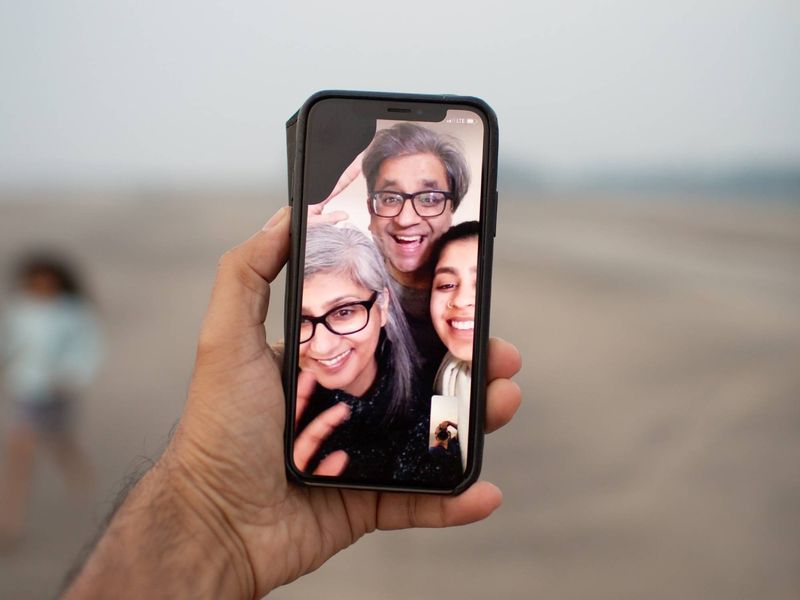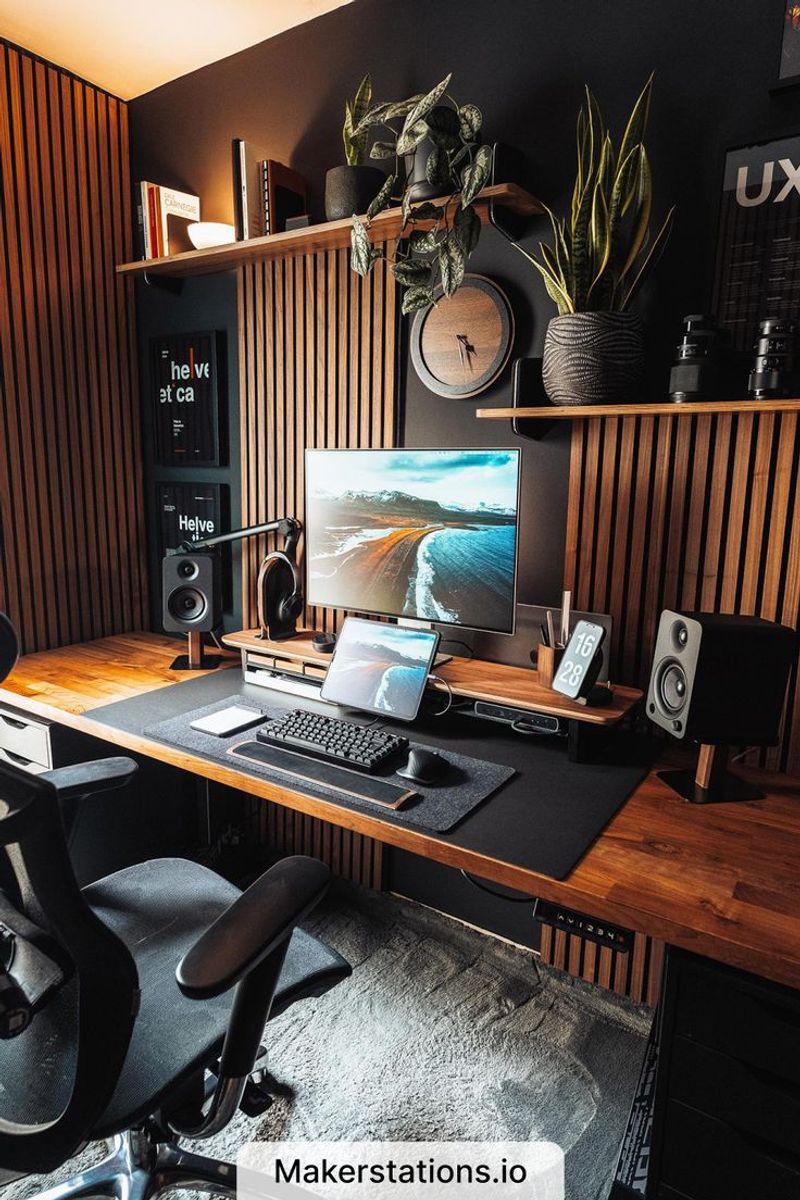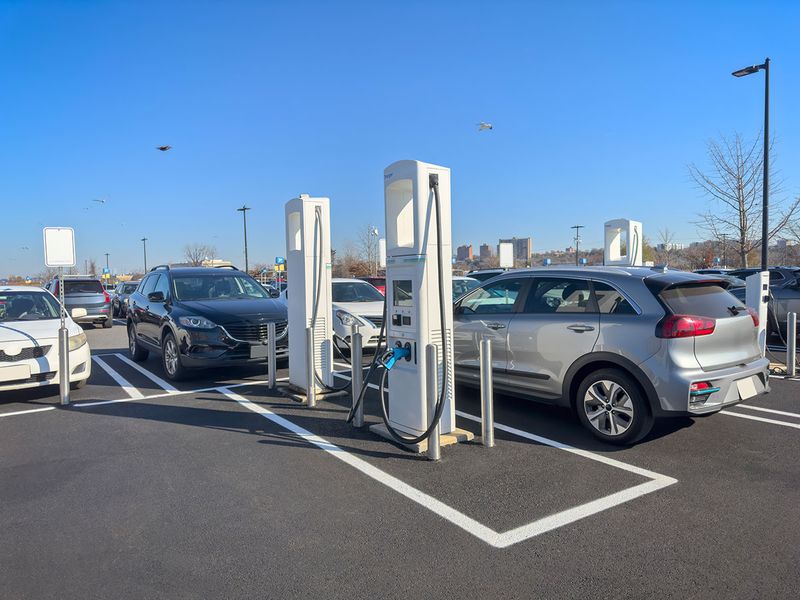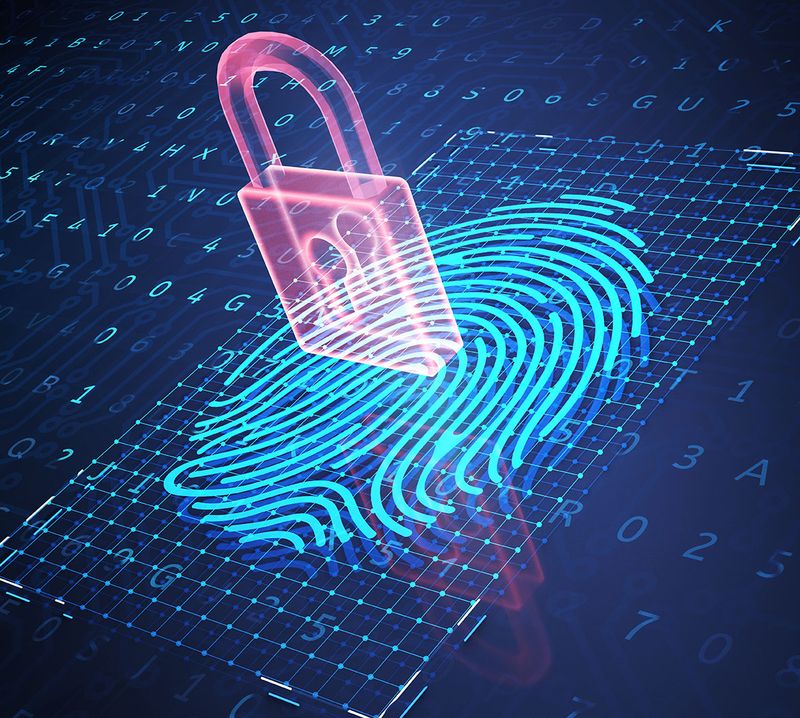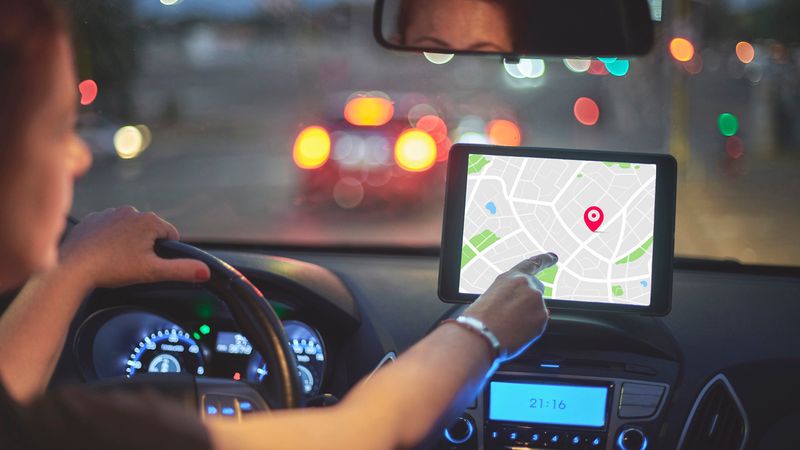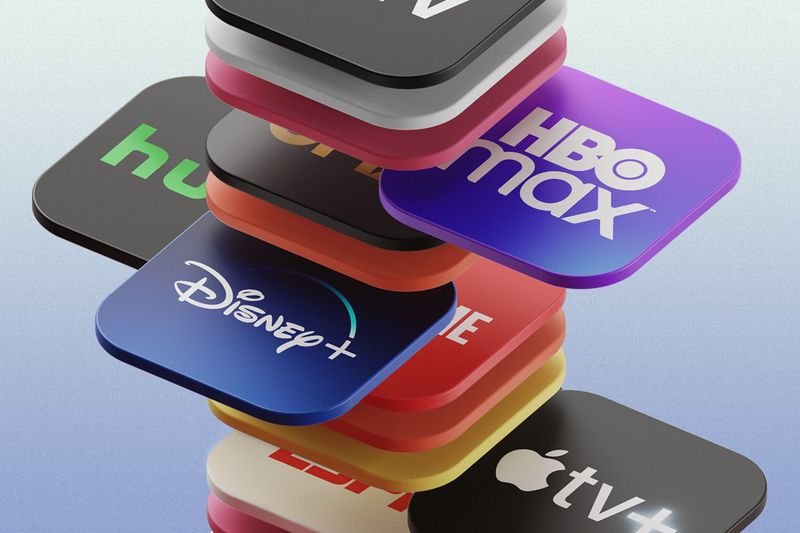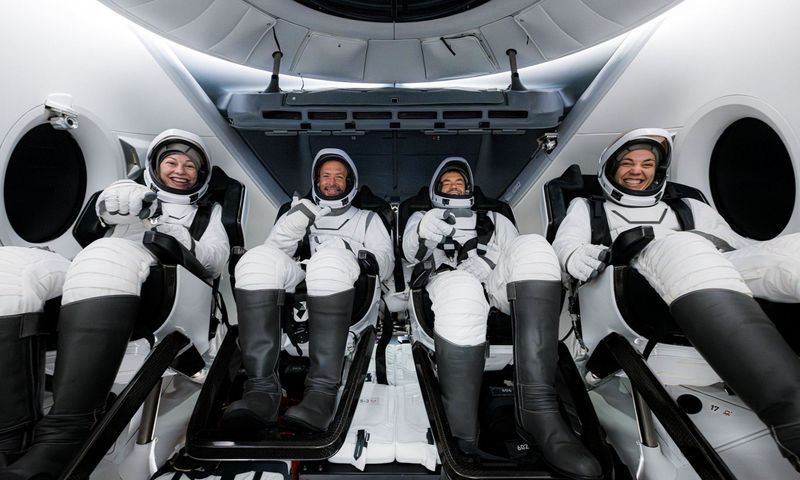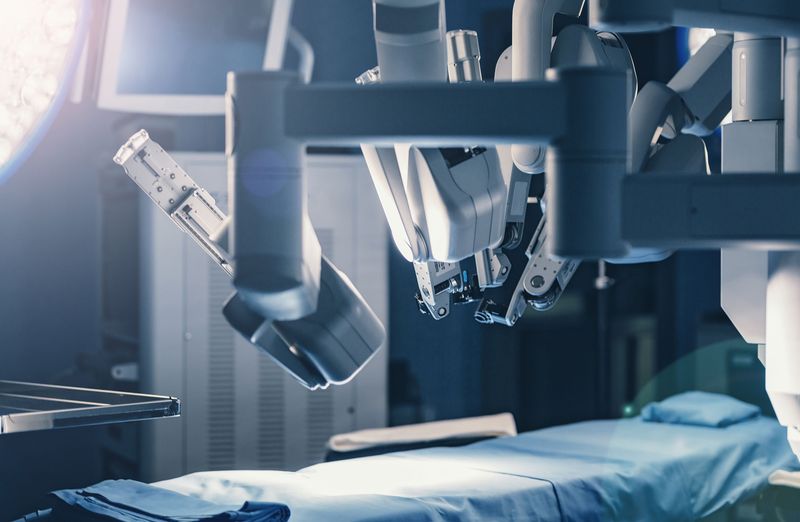The 1970s was a decade full of imaginative forecasts about the future. Some of these predictions have remarkably come true, reflecting the incredible foresight of visionaries from that era. Here are 14 such predictions from the 70s that have materialized in the modern world, shaping the way we live today.
Mobile Phones
In the 1970s, futurists predicted handheld communication devices that could be used anywhere. Today, mobile phones are ubiquitous, connecting millions worldwide. The convenience of mobile technology has revolutionized communication, making it instant and accessible.
In just a few decades, we’ve transitioned from bulky, limited-functionality devices to sleek, multipurpose smartphones. This evolution highlights a remarkable technological journey.
The foresight of mobile communication in the 70s was nothing short of visionary, paving the way for unprecedented connectivity.
Video Calls
The idea of seeing the person you’re speaking to was a futuristic dream in the 70s. Today, video calls are a staple of communication, enabling face-to-face interactions across distances.
The technology has bridged gaps, allowing families to connect and businesses to operate seamlessly worldwide.
Video conferencing tools have evolved drastically, from simple webcam chats to sophisticated platforms catering to professional needs. This prediction has transformed personal and professional communication, demonstrating the foresight of the time.
Home Computers
The 1970s saw the early vision of personal computers becoming household staples. Fast forward to today, and home computers are integral to daily life.
This prediction foresaw the democratization of computing power, enabling access to information, entertainment, and productivity tools.
The evolution from basic processing units to today’s powerful machines is astounding, showcasing the visionary spirit of the 70s and its impact on modern-day life.
Online Shopping
The concept of buying goods from home was a futuristic idea in the 70s. Today, online shopping is a trillion-dollar industry, revolutionizing retail.
This shift from physical stores to virtual marketplaces offers unprecedented convenience and variety.
The foresight of such a transformation highlights the visionary thinking of the 70s, as we’ve embraced a new era in consumer behavior.
Digital Photography
In the 70s, the idea of digital photography was emerging, predicting the decline of film. Today, digital cameras and smartphones have replaced traditional cameras, making photography accessible to everyone.
The shift from film to digital has democratized the art of capturing moments, offering instant results and endless sharing possibilities.
This prediction showcases the forward-thinking of the 70s, as we’ve witnessed a revolution in how we capture memories.
Wearable Technology
The 70s envisioned technology that could be worn, sparking the idea of wearable technology. Today, smartwatches and fitness trackers are part of our daily lives, monitoring health and enhancing connectivity.
These devices reflect an era where technology seamlessly integrates into our daily routines, offering convenience and insight.
This prediction underscores the innovative spirit of the 70s, as wearable tech has become an essential part of modern life.
Electric Cars
The 1970s predicted a future where cars run on electricity instead of gasoline. Today, electric vehicles (EVs) are mainstream, representing a significant shift in automotive technology.
EVs offer a sustainable alternative to traditional vehicles, aligning with environmental goals and technological advancements.
This foresight into the future of transportation highlights the visionary ideas of the 70s, as we’ve moved towards greener, cleaner alternatives.
Artificial Intelligence
The concept of machines that could think and learn was a futuristic idea in the 70s. Today, artificial intelligence (AI) is a reality, powering everything from virtual assistants to smart devices.
AI has transformed industries, enhancing efficiency and enabling new possibilities in technology and beyond.
The foresight of AI in the 70s has paved the way for innovations that are now integral to modern life.
Touchscreen Technology
In the 70s, the idea of controlling devices with touch was groundbreaking. Today, touchscreens are everywhere, from phones to tablets and ATMs.
This innovation has replaced traditional buttons, offering intuitive and user-friendly interactions.
The prediction of touch technology showcases the visionary foresight of the 70s, as it has become a fundamental part of our digital experience.
Biometric Security
The 70s envisioned a future where security relied on biometric data instead of keys. Today, fingerprint and facial recognition systems are commonplace, enhancing security and convenience.
This shift from traditional methods to biometric technology offers superior protection and user-friendly access.
This foresight underscores the innovative thinking of the 70s, as biometric security is now integral to personal and professional security.
GPS Navigation
The concept of satellite-based navigation was a futuristic dream in the 70s. Today, GPS technology guides us daily, revolutionizing travel and exploration.
From cars to smartphones, GPS provides accurate location data, making navigation easier and more efficient.
This prediction highlights the foresight of the 70s, as we’ve embraced a technology that simplifies and enhances our journeys.
Streaming Services
The 70s imagined a world where entertainment was available at the touch of a button. Today, streaming services offer instant access to a vast library of content.
This shift from traditional broadcasting to on-demand content has transformed how we consume media.
The foresight of streaming services in the 70s reflects a visionary understanding of the future of entertainment.
Space Tourism
The idea of ordinary people traveling to space was a bold prediction in the 70s. Today, space tourism is becoming a reality, with companies offering commercial space flights.
This venture represents a significant leap in exploration and innovation, bringing the dream of space travel to the masses.
The foresight of space tourism in the 70s highlights an era of visionary aspirations that are now within reach.
Robotics in Medicine
In the 70s, the notion of robots assisting in medical procedures was futuristic. Today, robotic surgery is a standard practice, enhancing precision and outcomes in healthcare.
These advancements have revolutionized medical procedures, offering minimally invasive solutions with remarkable accuracy.
The foresight of robotics in medicine during the 70s demonstrates the innovative spirit that continues to shape healthcare advancements.
